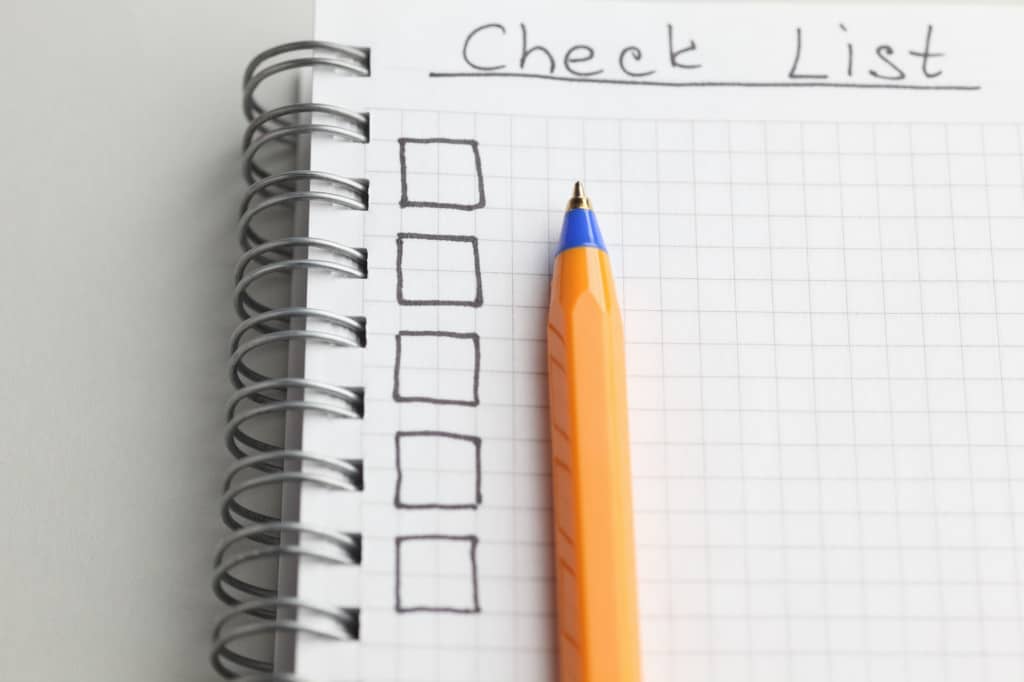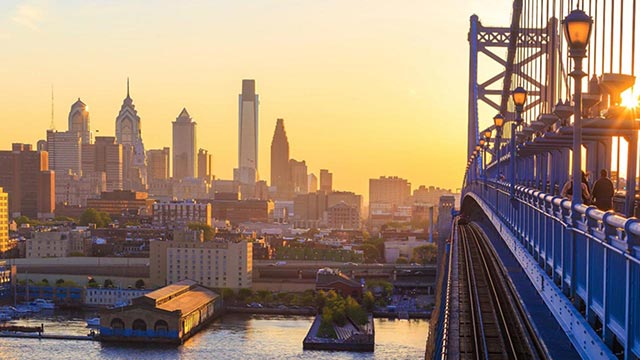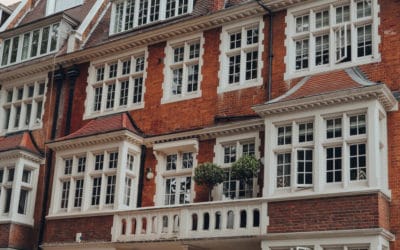When it comes to choosing an apartment, whether it’s your first apartment or your fourth, you should always have an imaginary (or real) checklist with you to ensure you’re getting exactly what you want. You don’t want to sign a year-long lease for an apartment and then find out you forgot something. It’s better to be thorough than sorry.
Below is a checklist you can use to help ensure nothing is forgotten or overlooked when choosing your next apartment.
1) Does the apartment fit within your budget?
Make sure you know all of the costs associated with a particular apartment and sum them up so you can determine the total carrying cost. This method also allows you to compare one apartment to another. The total cost should include the base rent and additional charges such as water/sewer, trash fees, recreational fees (ex. pool), parking fees, and of course utilities.
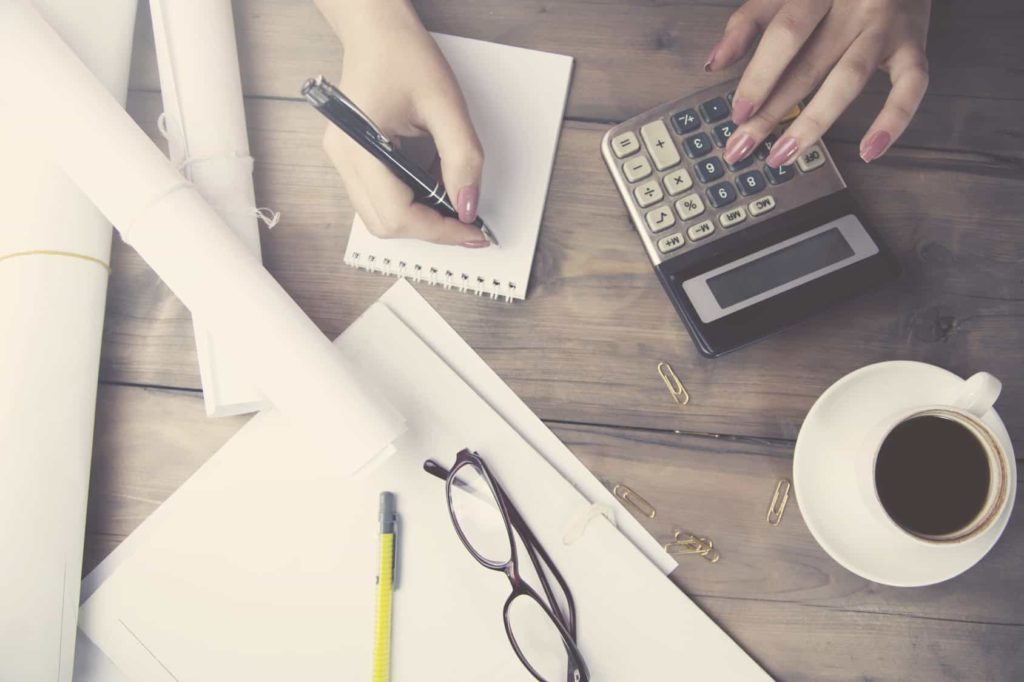
Find out what utilities you are required to pay for, and what utilities, if any, the landlord pays. Typical utilities are heat, hot water, cooking, electricity, cable TV/internet, and phone. We recommend a maximum of 33% of your after-tax income be spent on housing and utilities.
2) Does the location work for you?
Make sure the apartment is in a location that is convenient to work, shopping, and recreation. Perhaps you have an existing gym membership, and wish to continue that membership. Perhaps, you love your morning coffee at Starbucks, and can’t imagine going somewhere else. If you frequent a particular house of worship, you should inquire where the nearest temple, church or mosque is located.
3) How close is the apartment to public transportation and major roadways?
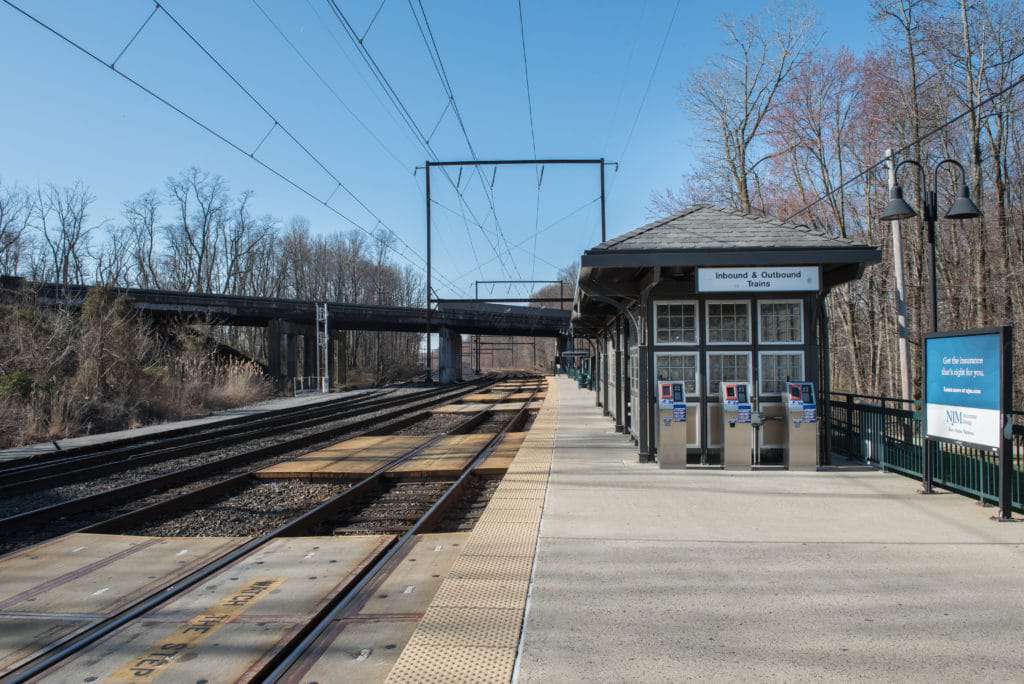
We all have to go to work and the proximity of roads and/or trains should be at the top of your list for priorities when it comes to choosing an apartment. Inquire where the train station is (if you use trains to commute to work.) Inquire how often the train runs, and how frequently it stops (how long it takes to get to where you want to go). If you drive to work, you want to inquire as to how much time it takes to get from your apartment to work during the rush hour traffic commute.
4) Does the apartment size and layout fit your needs?
How large is the apartment in square feet? Is the kitchen large enough for a small table? Is the apartment layout conducive to your needs? Does it have enough closet space? Does it have enough light? Does it have a balcony? Do you need a separate shower, more than one bathroom? Does the apartment have its own washer and dryer? If not, how many people share a washer and dryer and where are they located?
5) Does the Apartment have good sound control
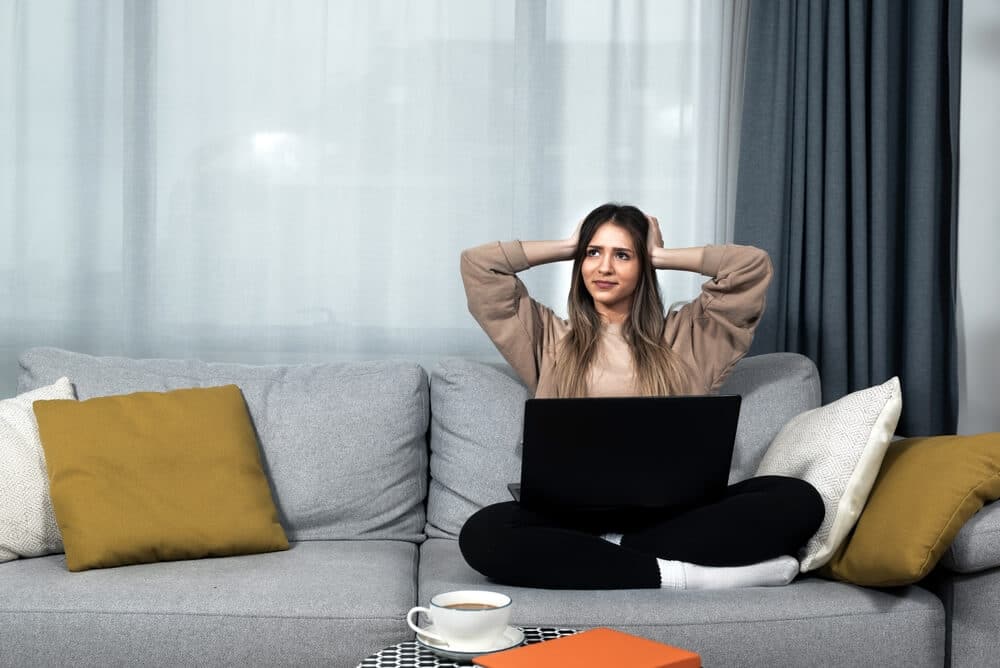
Are the floors wood or concrete? This is important for two reasons: sound transmission and fire safety. If you hear people walking, talking, or the television in the adjoining apartment, then perhaps you should look at a different apartment because hearing others’ conversations will get tiresome very quickly. Ask if the walls between apartments are constructed with a fire rated wall. Too many renters overlook fire safety.
6) Make sure you ask to see the apartment you are going to rent
This isn’t always possible, but it’s a good idea to ask. Good apartments are in demand, and sometimes the apartment that best fits your needs is still occupied or hasn’t been prepared. You’ll want to ensure the carpets and appliances are in good condition. Additionally, it’ll prove beneficial if the appliances are relatively up-to-date. Are the windows energy efficient? Does the apartment come with window coverings? Is the apartment redecorated (repainted) for each new resident? Does the landlord change the locks between residents?
7) Inquire about the reputation of the owner, and management team
When it comes to checking out and learning about the apartment from actual tenants, your best resource is Apartment Ratings where you’ll see what other people are saying about the apartments and the management and maintenance staff. Of course with any review site, everything isn’t 100% reliable, and you have to understand that there will be some negative comments. Don’t get caught up in any one review, but do consider the overall rating. Give more weight to a building having 30, 40, or 50 or more reviews.
8) How much money will you need to reserve the apartment
Find out how much you need to pay to reserve the apartment. How long will the apartment management hold the apartment before you are required to sign a lease? Also, another important question to keep in mind is: Is your deposit refundable if you change your mind?
9) Ask about the lease terms
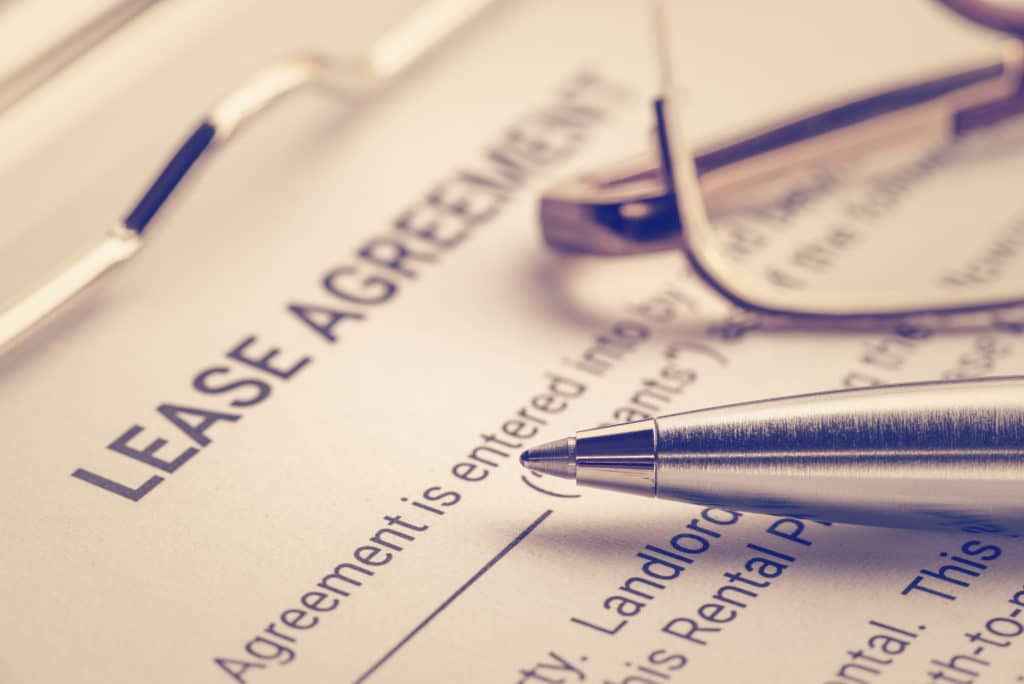
Find out how much notice (and how notice must be delivered) is required to terminate the lease. Most leases are for one year, but if you need a shorter term lease you need to ask. Sometimes the rental agent is simply conditioned to offer standard terms. Ask what happens if something unforeseen occurs and you need to terminate early. How does the landlord handle these situations? You should also make sure you understand what you are responsible for, and what the landlord is responsible for. When you leave the apartment, what are you expected to do? Some apartments require you to clean the carpets, and all generally expect you to leave the apartment in the same condition as you received it.
10) Ask about parking and trash handling
Don’t assume anything. Find out if there is assigned parking, and if there is sufficient parking for the residents. Find out where you need to park. How many steps are there to the apartment? Is the distance from the parking lot to your home acceptable (don’t forget you have to carry packages from wherever you need to park). Find out how and where you dispose of trash. Ask about any fees associated with trash. More and more building owners are charging a separate trash fee.

